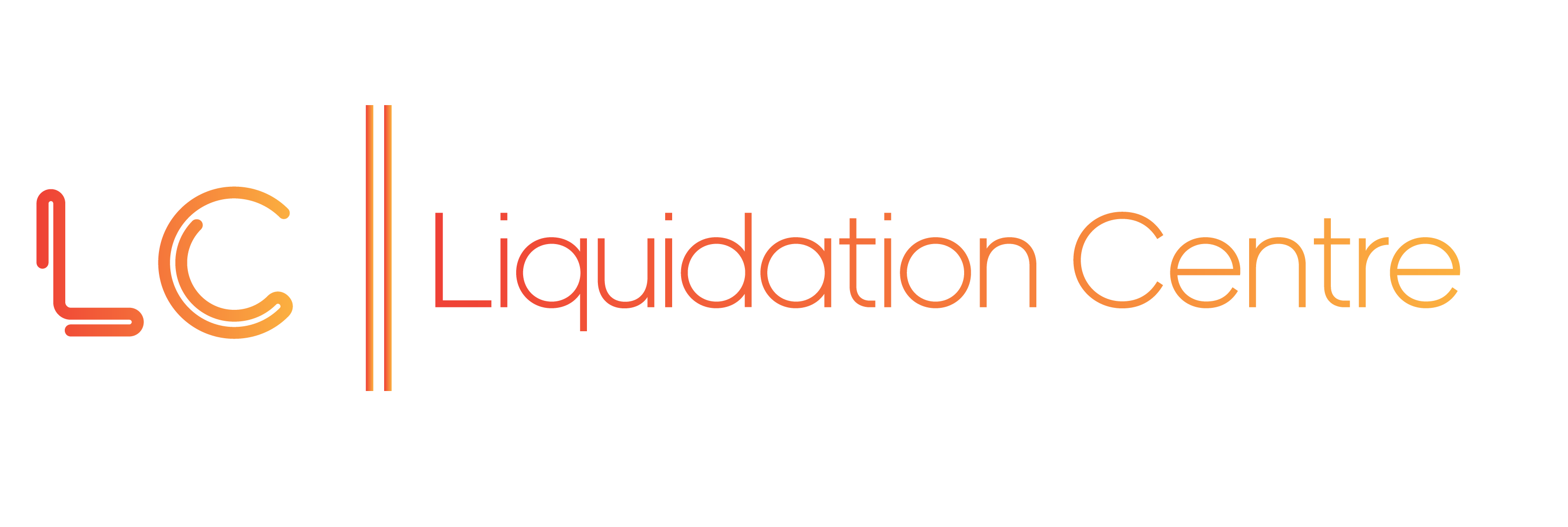If your company is insolvent, it cannot pay its debts as they fall due. Insolvency can also mean that the company’s debts exceed its assets, making it no longer financially viable.
Insolvency can happen at any point in a company’s lifetime which is why it is important to ensure you are always fully aware of the state of its current financial health.
It’s normal for a company to face some financial problems from time to time, but as soon as this escalates, you should get advice from an Insolvency Practitioner. The Liquidation Centre has a wealth of in-house experts on hand to help businesses that become insolvent.
Contact The Liquidation Centre today to discuss your situation or arrange a free financial health check.
Is my company going insolvent?
If your company is heading towards insolvency or is already insolvent, there will be signs to look out for.
Payment demands
If you are finding that you need longer periods to be able to pay your company’s creditors, are in regular disputes over payments and are unable to purchase stock then it is likely your company is in financial distress and could be heading towards insolvency.
If you receive such a demand then you are at risk of a winding up petition which can result in the court ordering the compulsory liquidation of your company.
Bounce Back Loans
If you took out a bounce-back loan during the Coronavirus pandemic, you may now be finding it hard to make the repayments as they fall due. Whilst the loan may have been a lifeline for keeping your company running during that difficult time, you may be finding that the effects of the pandemic are still affecting your business, and now you have the loan repayments to meet on top of your other debts and liabilities.
HMRC
Not paying your tax bill to HMRC indicates that your company is facing insolvency or is already insolvent. It’s important to be aware that penalties for unpaid tax are extremely high and will further deepen your financial situation if ignored.
Late payment of VAT can result in penalties. These fines can quickly get out of control, leading to a greater debt problem and potential legal action if not paid.
Unable to pay wages
Being unable to pay yourself and your staff is a key indicator of insolvency. Once you begin to miss employee wage payments, it can be difficult to rectify.
If you are unable to pay your staff wages, then contact us now for guidance.
Cash flow and balance sheet insolvency.
There are two types of insolvency. These are cash flow and balance sheet insolvency.
Cash flow insolvency
You are cash flow insolvent if your company cannot meet its financial obligations when they fall due.
Assets can be sold to raise the required cash, but more often than not, this will not be done in time, or the value will not be enough to pay the debts, resulting in cash flow insolvency.
Balance sheet insolvency
If your company’s debts and liabilities are greater than its assets, resulting in your company being unable to pay its debts on time, your company’s balance sheet is deemed insolvent.
Both balance sheet and cash flow insolvency pose significant problems to your company, and action should be taken to address the situation.
Need a company financial health check? The Liquidation Centre is here to help. If you would like to speak to one of our in-house experts for a free no-obligation health check then contact us now.
What happens once my company is insolvent?
If you believe that your company is insolvent, then you are obligated by law to act in the best interests of your creditors to ensure that you do not worsen any potential losses they may face.
This may include ceasing to trade to ensure that your company’s debt does not increase and further decrease its value.
For further details on your roles and responsibilities as a director of an insolvent company, visit our guidance centre.
Once you have determined that your company is insolvent, a Creditors’ Voluntary Liquidation (CVL) is available with an Insolvency Practitioner’s guidance.
Creditors’ Voluntary Liquidation (CVL)
If your company’s situation cannot be rectified, then an option would be to nominate an Insolvency Practitioner to become a CVL liquidator.
As liquidator, an Insolvency Practitioner will oversee the valuation and sale of company assets and distribute the proceeds fairly across your company’s creditors and finalise the liquidation of your company.
By opting for a CVL you take responsibility and action over your company’s situation.
A CVL cannot proceed without an Insolvency Practitioner being appointed as liquidator.
For a detailed overview of the CVL process visit our CVL page.
Contact Us
If you are worried about your company and what insolvency means for the future, speaking to an Insolvency Practitioner can help you understand your options. They can discuss a potential recovery outcome and provide you with information and guidance on suitable liquidation options.
The Liquidation Centre has been helping companies navigate liquidation for over 25 years. Our experienced team of in-house liquidation experts will guide you through your options and provide support during this stressful time.
We are here to keep liquidations simple. Contact us today to discuss how we can help.

